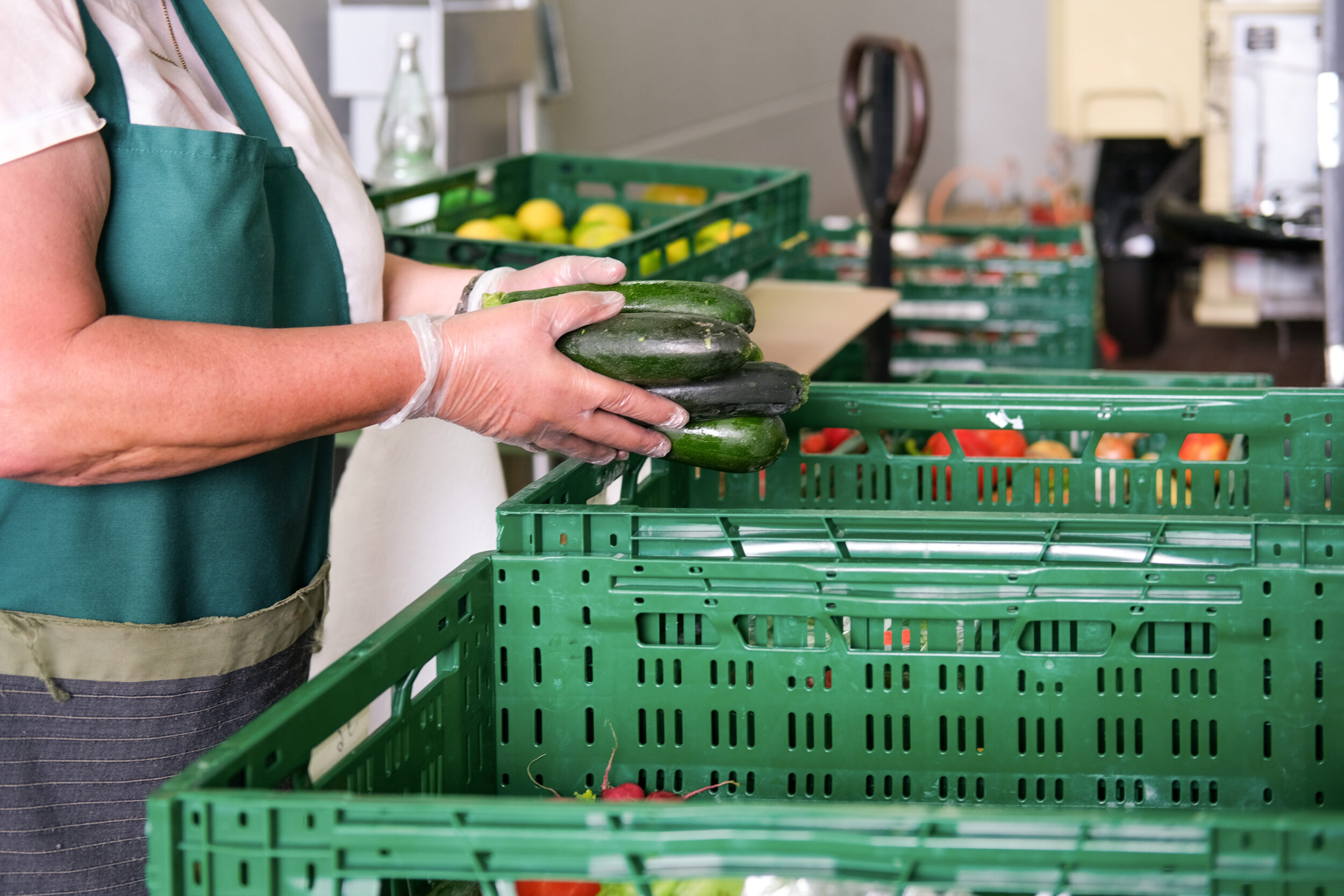Increased demand, supply chain disruptions, decline in the number of available volunteers: as in many other areas, the COVID-19 pandemic greatly affected the activities of food banks across Québec.
Given this context, Karima Afif, Professor of Operations Management in the Department of Agri-Food Economics and Consumer Sciences at Université Laval, set out to better understand the consequences of the pandemic on the food bank chain, from donors to beneficiaries. She obtained a grant under the Impulsion program offered by the Fonds de recherche du Québec in 2021, and joined forces with three Université Laval researchers: Marie-Ève Gaboury-Bonhomme, Jacinthe Cloutier and Véronique Provencher. The project was coordinated by postdoctoral researcher Morgane Leclercq.
The researcher and her team identified the impacts of the pandemic at different levels of the chain. For example, while the demand for food aid increased, volunteers, who are often elderly, were in short supply, and surplus foodstuffs were less plentiful for a host of reasons. Social distancing rules complicated the task of food banks, as they had to adapt to new beneficiary profiles. They were also required to develop new practices, including creating new partnerships with restaurants and hotels, and increasing visibility on social media.
To support those involved in this chain of operations, the researchers produced a report for food banks containing recommendations for best practices. They also produced two short informational videos explaining how the supply chain works and how it was impacted by COVID-19, as well as an awareness leaflet intended mainly for use by food banks to establish contact with potential donors.
Even though the crisis has passed, Karima Afif does not want to stop there. As part of an upcoming research project, she hopes to help food banks build their resilience by putting in place the tools they need to cope with future disruptive events.
References:
- Scientific article in progress.
- Leclerq, M., Drouin, C., Afif, K., Gaboury-Bonhomme, M.E., Cloutier, J., and Provencher, V. (2023). Case study entitled “Cas Moisson Rive-Sud – Effets de la COVID-19 sur la chaîne d’approvisionnement d’une banque alimentaire au Québec”. In Éditions Management et Société (EMS), edited by Olivier Lavastre and Blandine Ageron, Cas en logistique et Supply Chain Management, France, p. 279-294 https://www.editions-ems.fr/boutique/cas-en-logistique-et-supply-chain-management/




